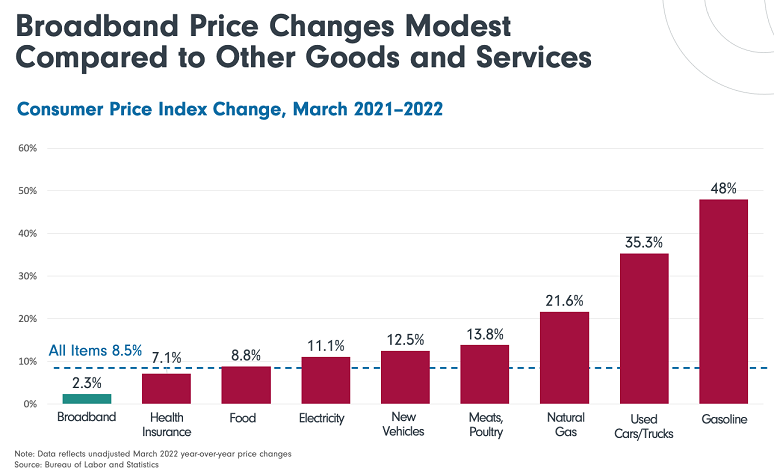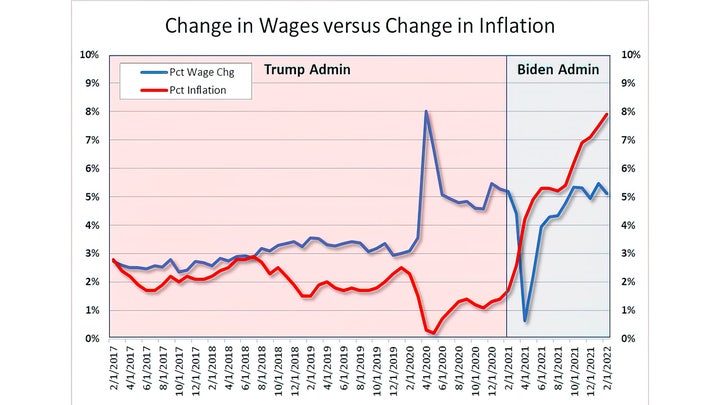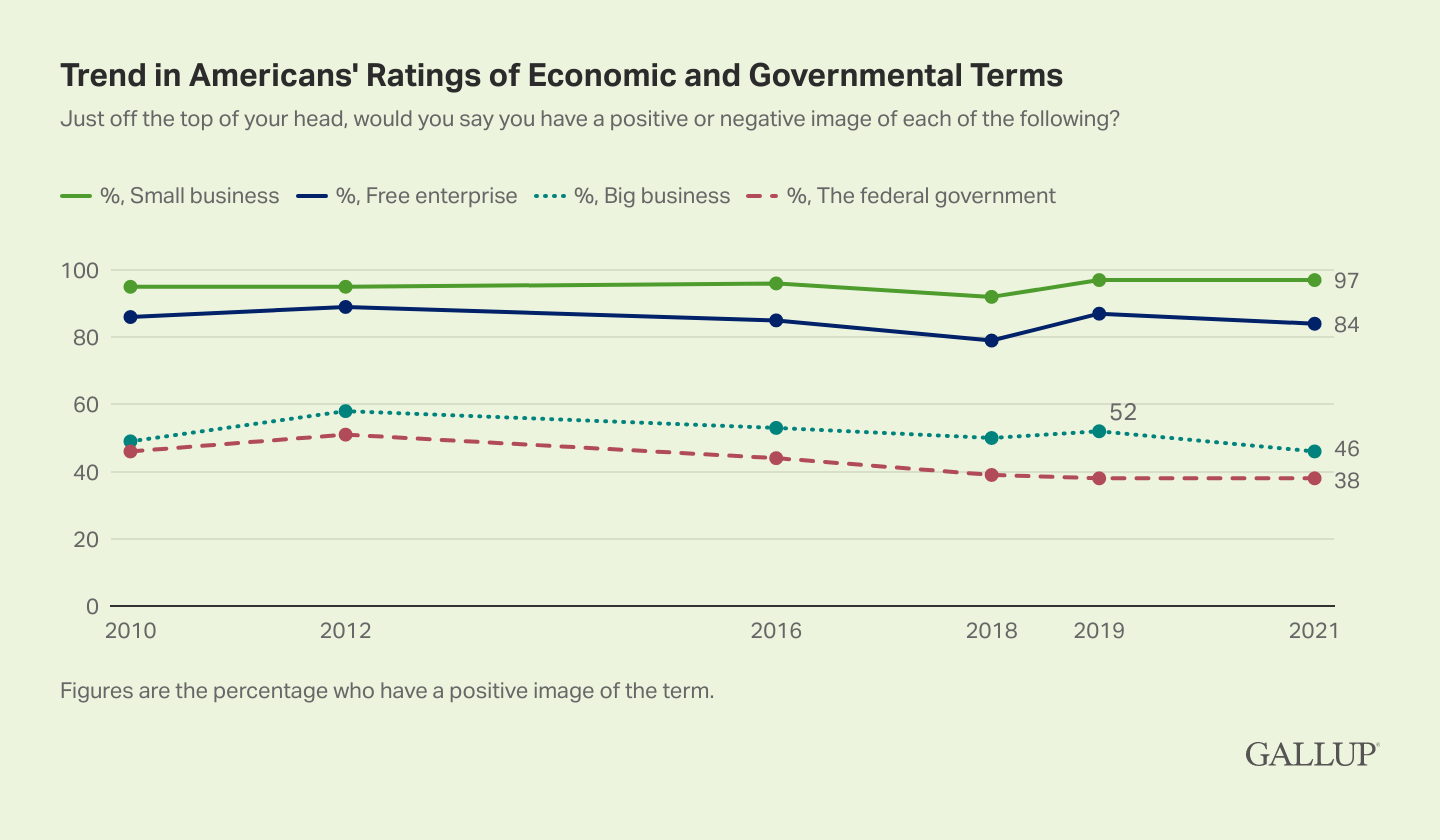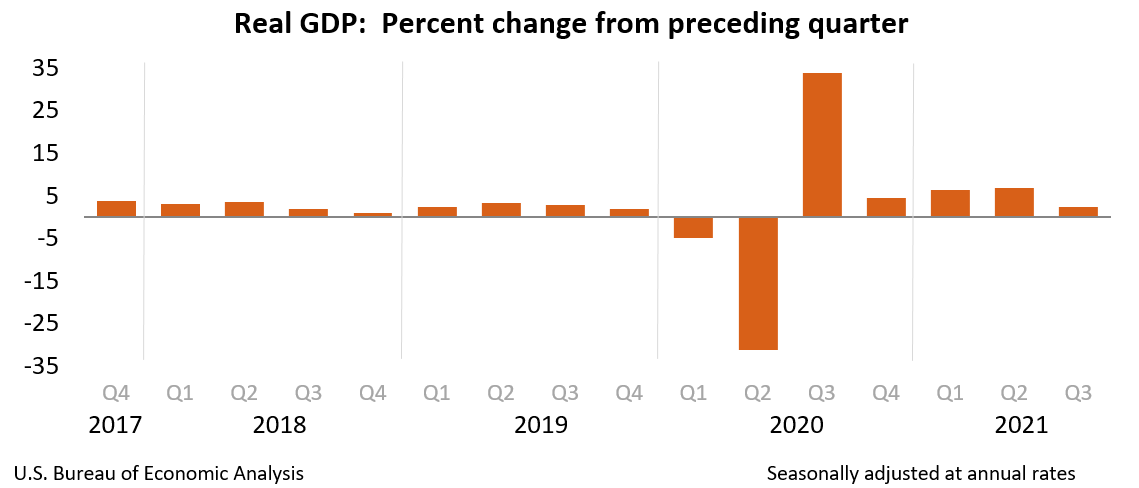America Desperately Needs More Skilled STEM Workers, and We Should Steal Them from Russia
We at CFIF have repeatedly highlighted America’s desperate need for more skilled science, technology, engineering and mathematics (STEM) workers. In an increasingly information-based global economy, legal immigration by people with advanced degrees and valuable expertise to the United States must be encouraged, as even President Donald Trump advocated.
In that vein, we’ve also highlighted how desirable a destination the U.S. is to STEM talent, and how many openly seek to come to our shores, according to the Center for Strategic and International Studies (CSIS), which was named the top defense and national security think tank in the world. “Only about 10 percent of international scientists and engineers seemed open to moving to China,” CSIS found, “compared to nearly 60 percent for the United States.”
American Enterprise Institute (AEI) scholars Brent Orrell and Alex Nowrasteh offer yet another excellent idea in a piece entitled “Skilled Workers Are Fleeing Russia. Let’s Welcome Them”:
According to the Russian Association for Electronic Communications, between 50,000 and 70,000 information technology specialists have already left Russia since the war started. An additional 100,000 are likely to depart before April 30. This is not a new trend (since 2020, 20 percent of Belarusian IT workers — about 20,000 — have left the country for Poland), but Western sanctions on Russia and its allies are likely to accelerate the exodus of skilled laborers.
This outflow of highly skilled human capital is coming at a good time for the United States and its economy. A recent report found that there were nearly 400,000 tech-related job openings in February 2022. Meanwhile, data show that American universities annually graduate only about 89,000 computer science students — less than a quarter of total openings — leading to a chronic dearth of workers.”
And just like during the Cold War, welcoming more Russian STEM workers would also serve a strategic national security purpose as well, as the authors highlight in their conclusion:
We should welcome Russian skilled workers today as previous generations welcomed German and Soviet defectors during the 20th century with the effect of weakening our adversaries while strengthening the West. They would fill valuable niches in the U.S. economy and drain geopolitical adversaries of vital skilled technicians while upholding the humanitarian values that we cherish. In doing so, we can simultaneously do well for our economy while doing good for the world.”
Fortunately, provisions in legislation currently before Congress can help accomplish exactly that.
Despite some other provisions that should be removed during the House/Senate conference process, the America Creating Opportunities for Manufacturing, Pre-Eminence in Technology, and Economic Strength (COMPETES) Act of 2022 contains important provisions to welcome more highly skilled talent to America. For example, the relevant provisions would eliminate obsolete green card limits for workers with advanced STEM degrees, create a new visa for entrepreneurs in start-up companies and facilitate the path to Legal Permanent Residence (LPR) status for STEM Ph.D. graduates seeking work in the U.S.
Unless we bring more skilled STEM talent to our shores, we’ll lose it to other countries like China, which in turn will be more able to undermine our global leadership position. We can’t let that happen, and Congress can do something to help.











 CFIF Freedom Line Blog RSS Feed
CFIF Freedom Line Blog RSS Feed CFIF on Twitter
CFIF on Twitter CFIF on YouTube
CFIF on YouTube